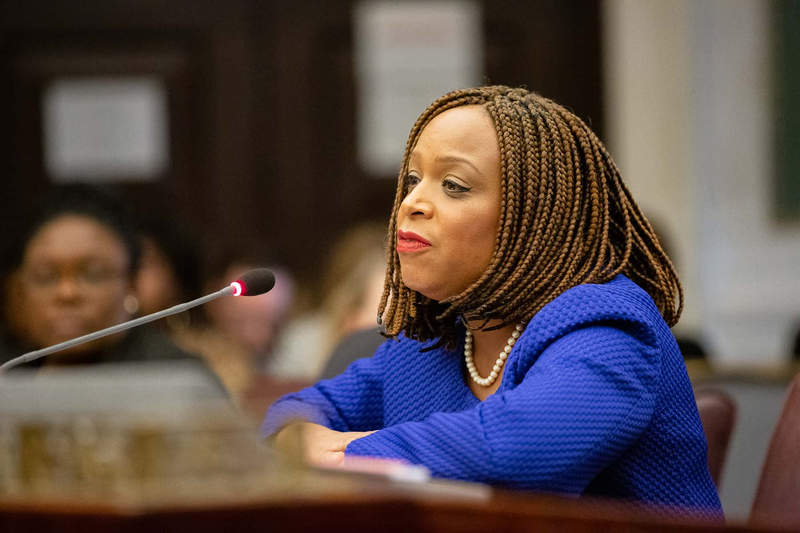
PHILADELPHIA (KYW Newsradio) — Two bills that passed Philadelphia City Council, this session, would change the way the Housing Trust Fund gets and spends money, but the legislation faces hurdles before the changes become final.
Council created the Fund in 2005 to generate money locally for affordable housing, which was drying up in the midst of a building boom. Initially, the Fund relied on document-recording fees, but in 2018, Council sought to encourage developers to include affordable units in their projects by giving them “density bonuses.”
They could build larger units or more units than by-right zoning would allow if some of the new units were price-restricted for low- and moderate-income residents. There were few takers. So in 2021 the city allowed developers to receive the same density bonuses for “payments in lieu of housing” to the Fund.
The payments, though, don’t literally go to the Housing Trust Fund. They become part of the General Fund, which in turn funds the Housing Trust Fund. A referendum passed in 2021 required the 1.5% of the city budget go into the Fund, which theoretically includes the density bonus payments
This bothers Councilmember Jamie Gauthier, whose district includes University City, where market-rate development is rapidly gentrifying surrounding neighborhoods. She sponsored a bill that will ask voters to approve a requirement that density bonus payments go directly into the Fund.
She also sponsored a second bill that would require that density bonus money get spent in the Council district where they were generated — so the payments from an extra-dense development in West Philadelphia, for example, could not be spent on affordable housing in North Philadelphia.
“Communities that are experiencing a lot of high-density, market-rate development, and experiencing gentrification through that development, now can rest assured that the density bonus money that we promised to them is actually going to the Housing Trust Fund and is actually going back to their communities,” she said.
The Cherelle Parker administration, however, opposed both bills. Officials argued that the new requirements would add more fixed costs to a budget that is already more than half fixed costs, thus taking away flexibility for elected officials to spend public money where it’s needed most.
Voters will get the referendum next May and have the final say on where density bonus payments go.
The bill to restrict where the money can be spent is now in Parker’s hands. She has until Sept. 5 to decide whether to sign it.
